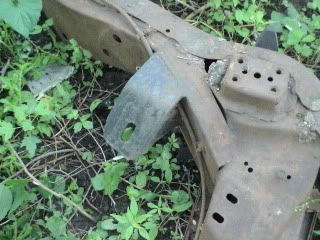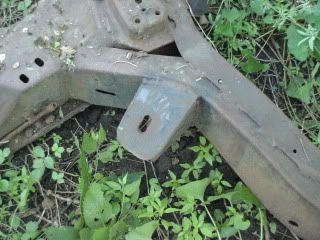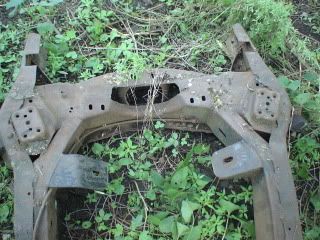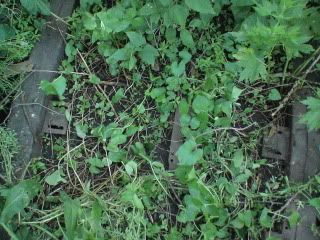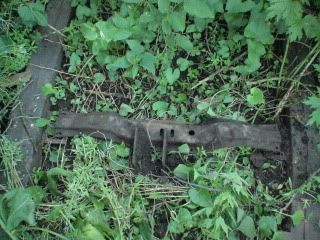jeryst
Well-Known Member
I just bought a 1948 Plymouth 2 door coupe with a flathead 6 in it.
The motor smokes a little, and occasionally it has a loud knock when you hit the gas. Runs really good and has a lot of power.
I dont know anything about these engines, so I was wondering if anyone has experience or an opinion about them.
I'm not really worried about it because I got the car for a really good price, and a bad engine just means a V8 somewhere down the road - lol.
The motor smokes a little, and occasionally it has a loud knock when you hit the gas. Runs really good and has a lot of power.
I dont know anything about these engines, so I was wondering if anyone has experience or an opinion about them.
I'm not really worried about it because I got the car for a really good price, and a bad engine just means a V8 somewhere down the road - lol.

